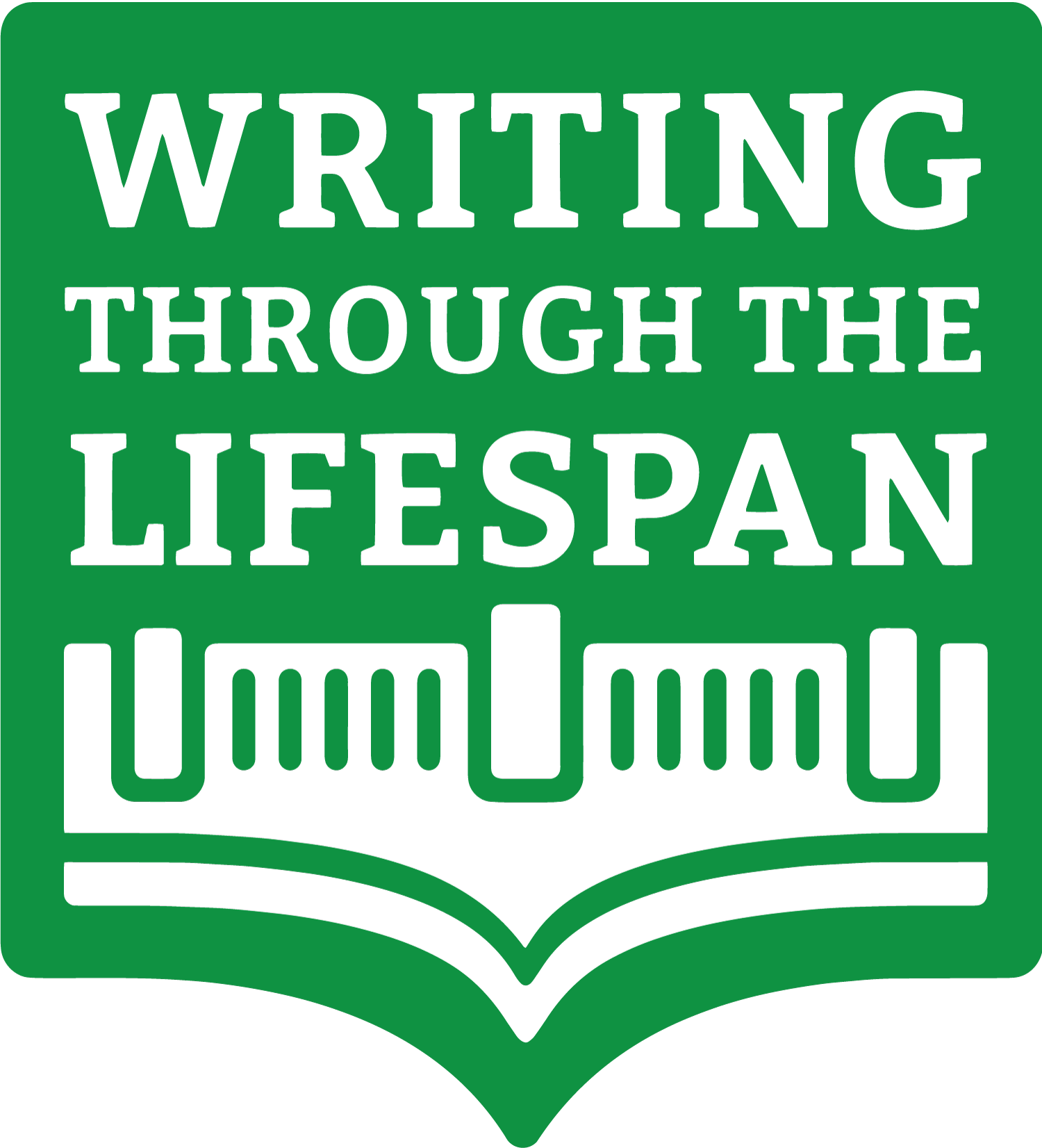Lifespan Writing Research Book Series at the WAC Clearinghouse
After a half century of research on writing across a variety of ages, circumstances, and genres, writing researchers have found themselves quite separated by research questions, research sites, research methods, and theoretical orientations. This segmentation, as Bazerman et al. (2018) argue, creates potential problems: “we…risk forgetting that learners experience their lives as a whole, in and out of school, with a past, a present, and an aspirational future” (p. 3). Lifespan writing research emerged out of a desire to avoid the negative consequences of this segmentation and attempt to not only weave together the many segments of writing research but imagine new projects, theories, and insights.
Though a recent phenomenon, lifespan writing research has grown quickly. Charles Bazerman’s encouragement at the 2016 Dartmouth Research Institute and Seminar for writing researchers to undertake lifespan studies of writing sparked several initiatives. The Writing through the Lifespan Collaboration (lifespanwriting.org), an international organization of writing researchers interested in lifespan writing research, formed in 2016 and has since held conferences in 2018, 2020, and 2021. A special issue of Writing & Pedagogy dedicated to lifespan writing research was published in 2018. Two edited collections, The Lifespan Development of Writing (Bazerman et al. 2018) and Approaches to Lifespan Writing Research: Generating an Actionable Coherence (Dippre & Phillips, 2020), have created some multidisciplinary foundations for lifespan writing researchers, including principles for research, a definition of terms, and some early and challenging questions for the work of the field.
This growing demand runs up against three key issues. First, the sheer scope and context inherent to studying writing through the lifespan often demands more space than journal issues are willing to give. Although there are promising approaches (e.g., Tarabochia & Madden, 2018) to make use of more targeted studies with a lifespan perspective, much of the work done needs to talk about a lifespan’s worth of literate action, which necessitates book-length publications. Second, lifespan writing research has an innate need for multidisciplinary approaches. A phenomenon as complex as writing, particularly when studied throughout something as wide-ranging as an entire lifespan, demands a wide range of methods, with experts in different fields (and different subfields of similar fields) having to write for one another. This kind of disciplinary demand cannot be met in many journal publications due to limitations of space and the demands of reviewers to have publications speak to particular audiences.
The third, and most crucial, issue that lifespan writing research must address in its future publications is investigating diverse groups of participants and writing situations. The history of social science research is rife with life-long studies of individuals in certain socioeconomic strata, races, and genders. Lifespan writing research, if it is to truly understand what it means to write across the lifespan, needs to be multinational in scope, and its publications need to be available beyond the boundaries and paywalls that are only surmountable by research universities. Lifespan writing research needs to reach across borders in its studies, its publications, and its researchers.
To meet these needs, the co-chairs of the Writing through the Lifespan Collaboration have partnered with the WAC Clearinghouse to launch the Lifespan Writing Research Book Series. Drawing on recent publications, this books series will serve as a launching point for new perspectives, projects, and ideas. Interested potential authors should review the earlier lifespan writing publications and check out the submission guidelines. We encourage potential authors to reach out sooner rather than later, at lifespanwriting@gmail.com.
